FARALLON FILMS
Award-winning films by Steven Okazaki
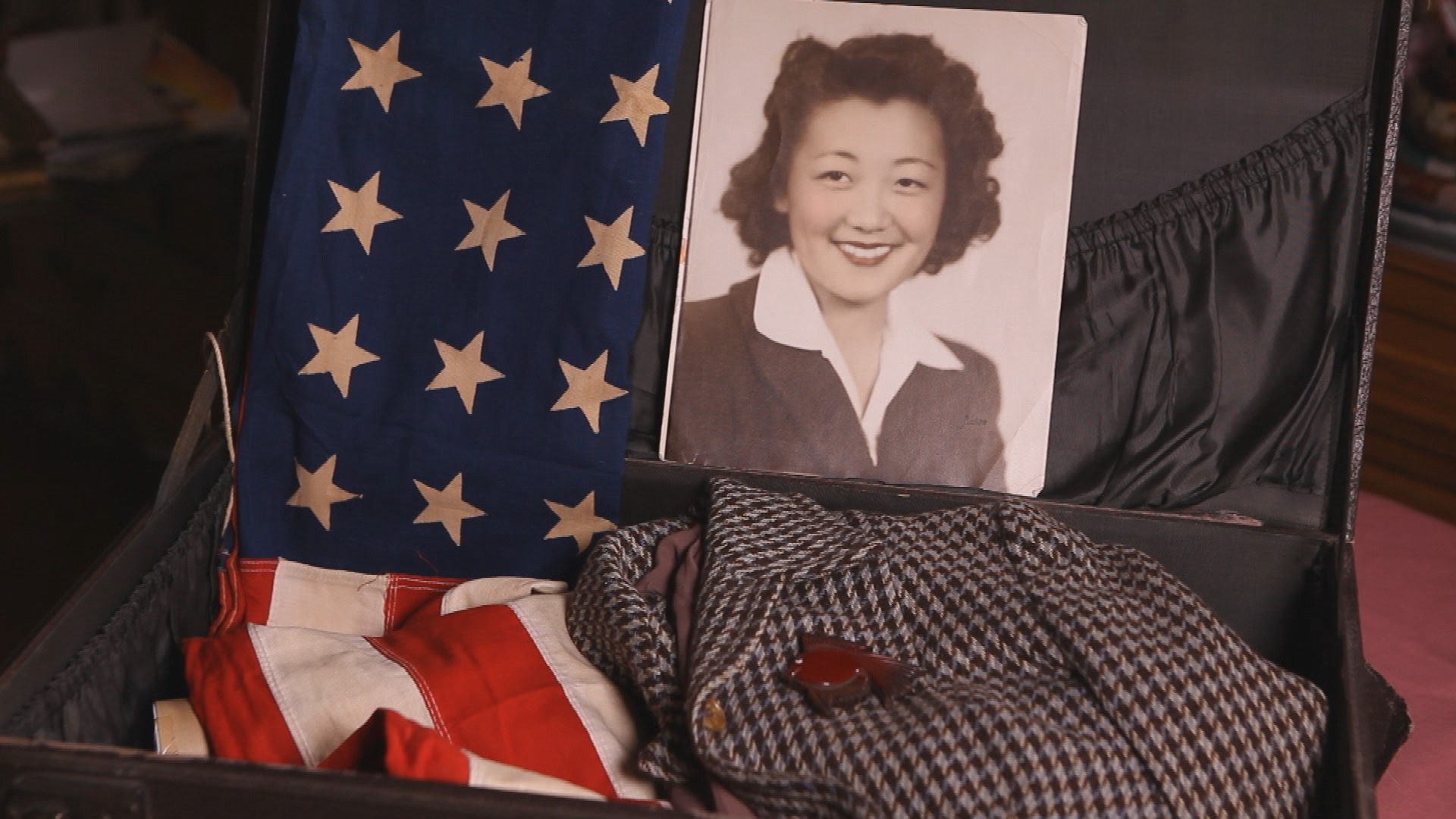
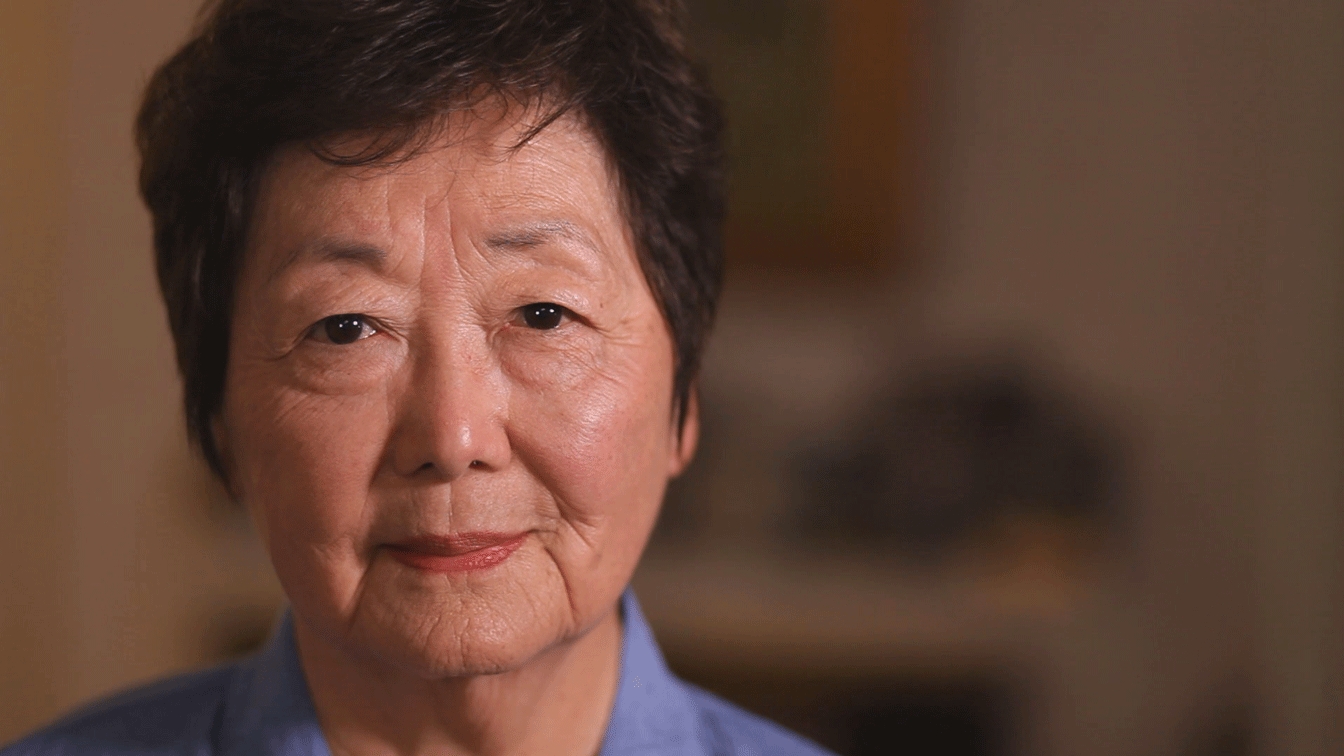
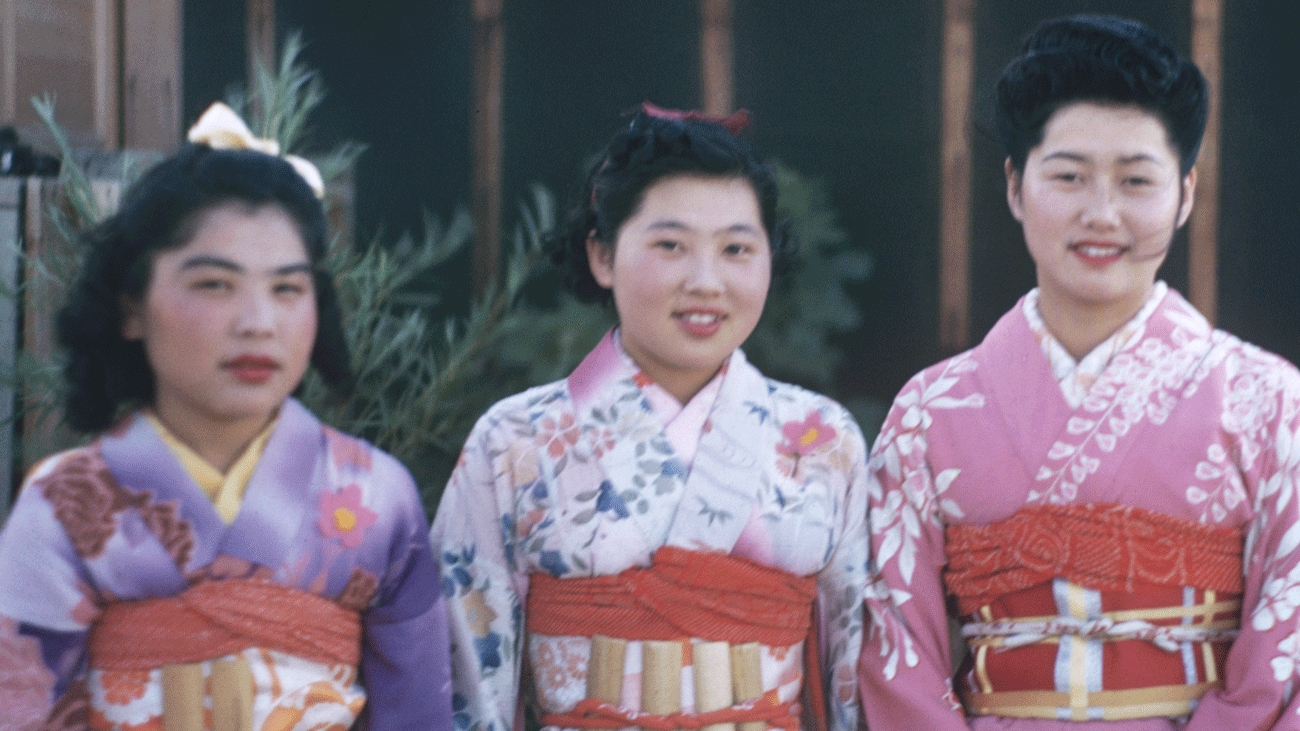
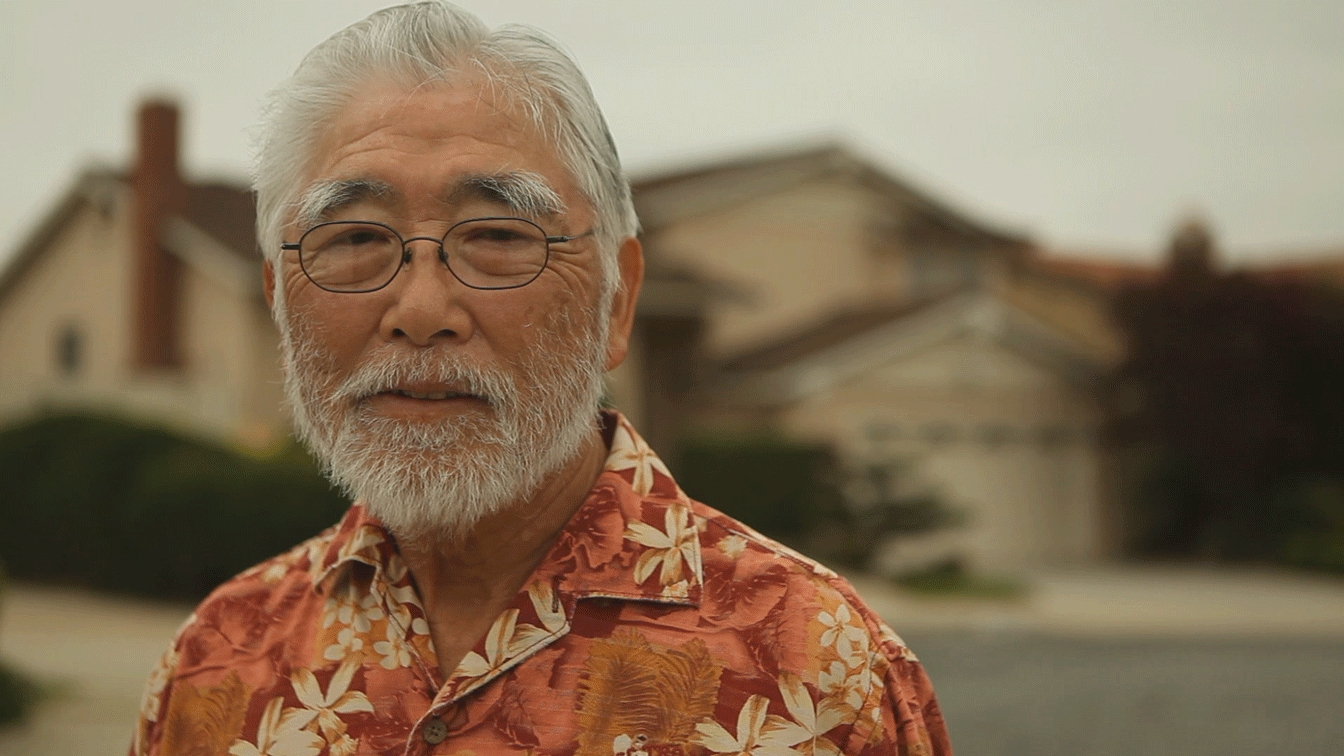
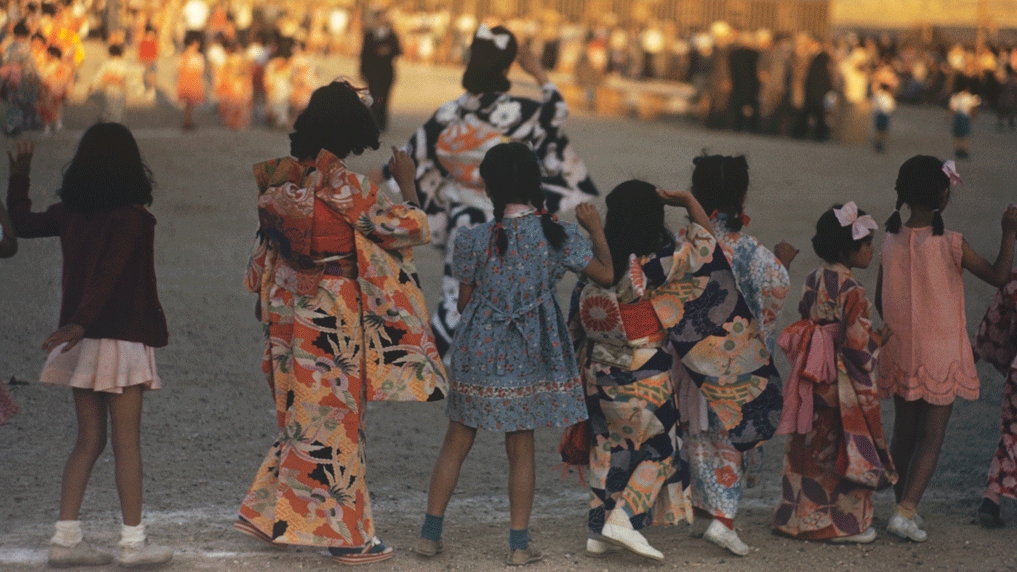
In 1942, 120,000 men, women and children were ordered by the United States government to leave their jobs, schools and homes. Two thirds were American citizens. The charges against them: they were of Japanese descent. There were no hearings or trials. They were told to bring with them only what they could carry and herded onto buses and trains, unaware of where they were going or what would happen to them. They were uprooted from their lives and deprived of their freedom. “All of a sudden,” says Shig Honda, 15 years old at the time, “I was beginning to understand what racism was.”
14,000 were confined behind barbed wire, surrounded by armed guards in watchtowers, in desolate Heart Mountain, Wyoming. ALL WE COULD CARRY is their story, told through by twelve Japanese Americans, children and young adults at the time. For up to three and a half years, the prisoners persevered despite deprivation and uncertainty. Although families were fractured and dignity denied, it was also a place where couples fell in love, where babies were born, where lifelong bonds were forged.
Filmmaker Steven Okazaki, whose father was imprisoned at Heart Mountain, captures this essential piece of history in a way that is both compelling and relatable: providing vivid accounts of daily life in the camps as well as the resilience of those imprisoned there.
ALL WE COULD CARRY is screened for visitors to the Heart Mountain Interpretive Center in Powell, Wyoming. For more about the Japanese American Incarceration visit the websites DENSHO and 50 OBJECTS/STORIES.
Produced for the HEART MOUNTAIN WYOMING FOUNDATION
Produced, Directed & Edited by STEVEN OKAZAKI
2011 / Documentary / 15 Minutes
Poster Design: ZAND GEE
